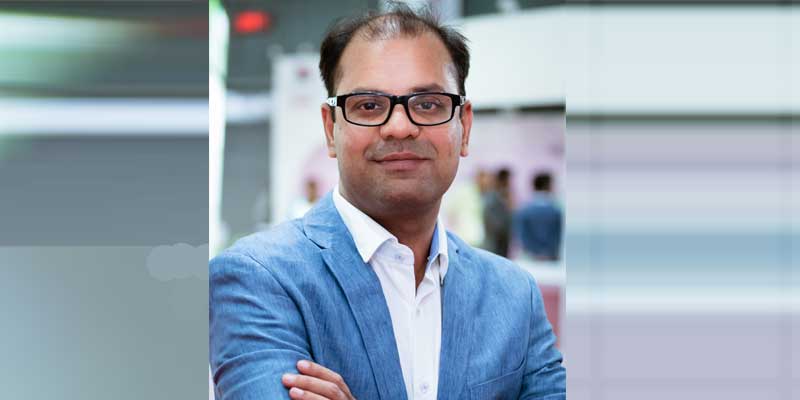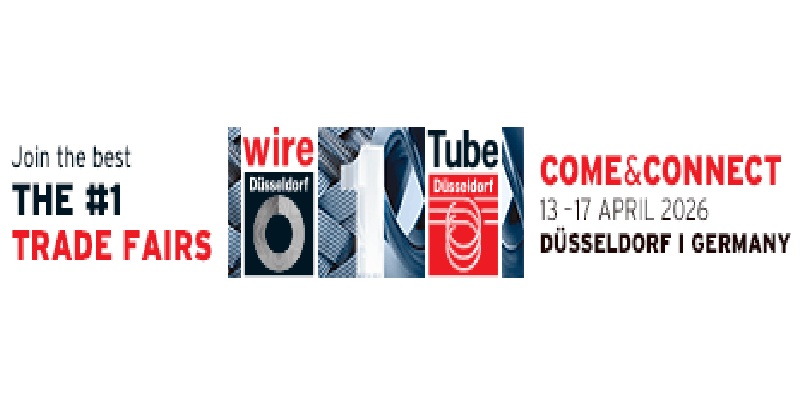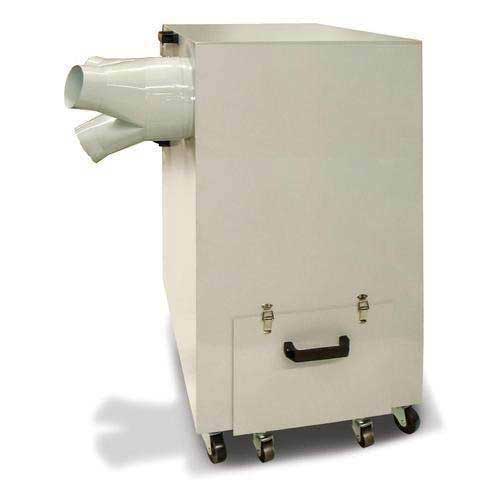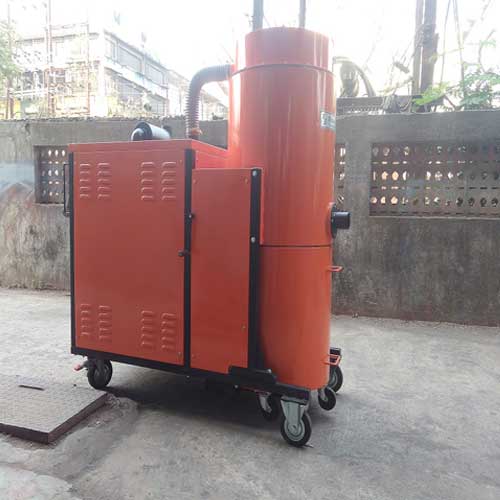Schedule a Call Back
Sustainability practice in corporates has created business growth for Soma Specialities
 Interviews
Interviews- Jan 22,24

Related Stories

Where Global Wire and Tube Innovation Comes Together
The world’s leading wire and tube trade fairs return to Düsseldorf, uniting global innovators to showcase AI-driven manufacturing, advanced materials and solutions shaping the future of industria..
Read more
India–EU FTA sealed, offers preferential EU access to over 99% of Indian exports
The agreement is expected to be particularly transformative for labour-intensive sectors and MSMEs, with positive spillovers for employment generation among women, artisans, youth and professionals.
Read more
India’s Manufacturing Reset in an Uncertain World
Global manufacturing is being reshaped by volatility and disruption. This release outlines how India is strengthening depth, resilience and capability to emerge as a long-term manufacturing partner,..
Read moreRelated Products

Metal Dust Collector
Fine Fab India offers a wide range of metal dust collector.

Industrial Vacuum Cleaners
Rotamec Engineers offers industrial vacuum cleaners.

PFERD composite brushes
SWIT offers a wide range of PFERD composite brushes















